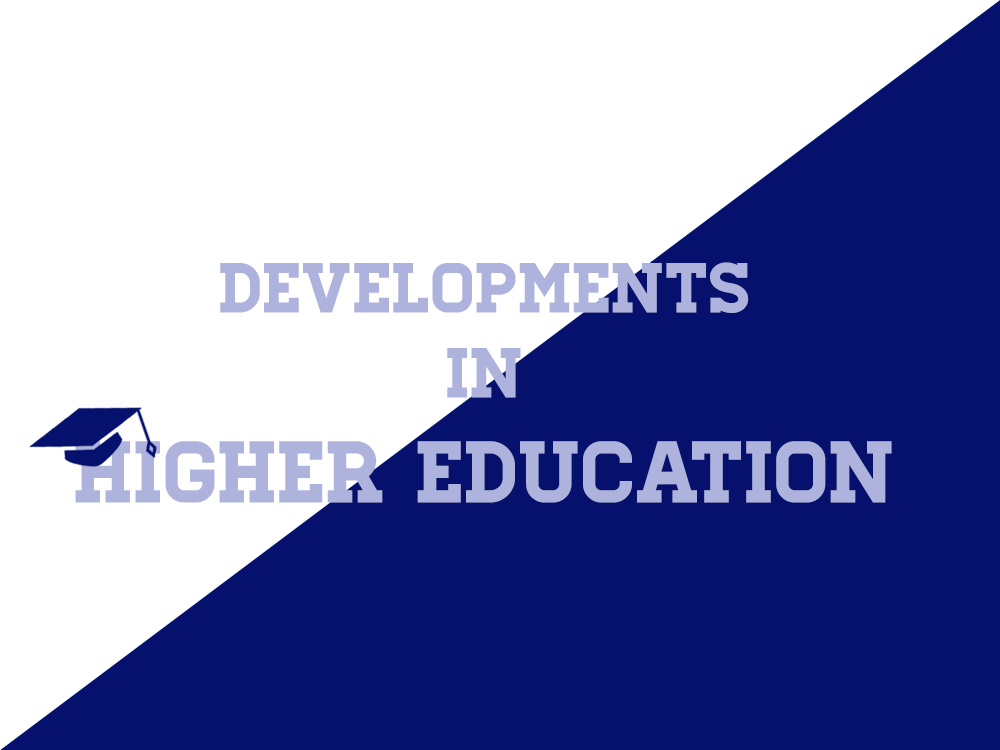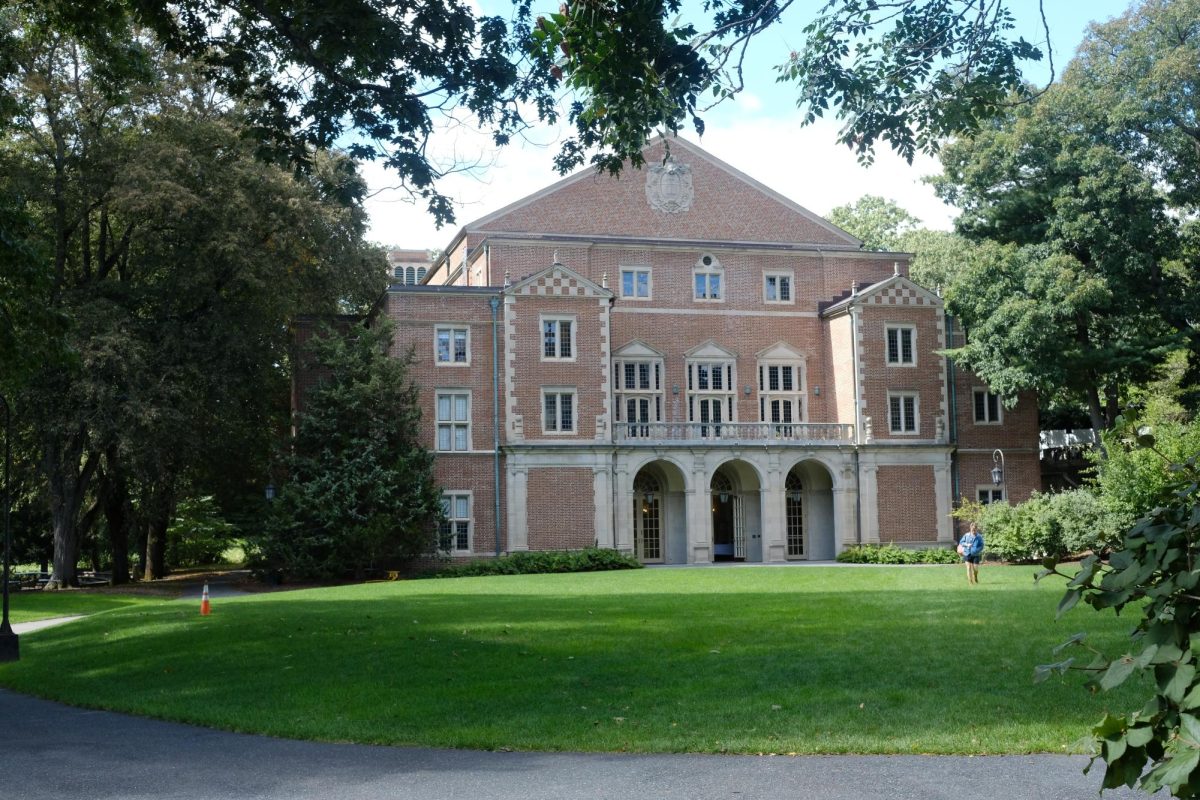College enrollment of low-income students decreases
Within the past eight years, many college students have witnessed an increase in financial assistance offered by their respective colleges. Despite this additional support, en- rollment rates from low-income high school graduates have significantly decreased, according to data gathered from an annual Census Bureau survey. Overall college enrollment by high school students from the bottom 20 percent of family incomes has decreased by 10 percent, the most significant drop in 40 years. Although increasing costs of tuition could explain this drop in enrollment, another possible reason for this decline is increasing availability of jobs for recent high school gradu- ates, particularly due to the recovery from the 2008 recession. According to The Washington Post, policymakers are concerned about these data trends since over half of the nation’s public school students come from low-income family backgrounds.
American colleges increase food and agricultural degree programs
According to a recent article in the Los Angeles Times, colleges in the United States have begun develop- ing new degree programs to allow students to study food and agriculture. Approximately 30 colleges in the U.S. have formal food studies programs, allowing students to pursue a major or minor in food, agriculture or nutritional studies. These programs involve classroom lectures, as well as laboratory instruction and fieldwork in campus gardens or local farms. Other universities have more traditional degrees in environmental science that involve food-related studies but do not focus on them entirely. Wellesley College is one of those schools, offering interdisciplinary environmental science courses. According to Krishnendu Ray, the nutrition, food studies and public health department chair at New York University, more students within the United States have become attracted to food-related programs at colleges.
According to the Campus Computing Project (CCP)—a study examining how information technology impacts higher education—college administrators have become concerned about the use of cloud computing in data storage. Their major concern is privacy and lack of security in storing personal information about students. According to University Business, CCP surveys showed that many colleges also do not have tactical procedures for IT disaster recovery. Additionally, 12 percent of the survey participants stated that their college campuses utilize cloud computing for administrative services, a three percent growth from last year. The study also revealed that more college campuses are offering free online educational resources, including digital textbooks and online lectures, contributing to more cost-efficient methods of instruction. According to the survey, 96 percent of the participants acknowledged that technology has great prospective in enhancing educational outcomes for college students.






